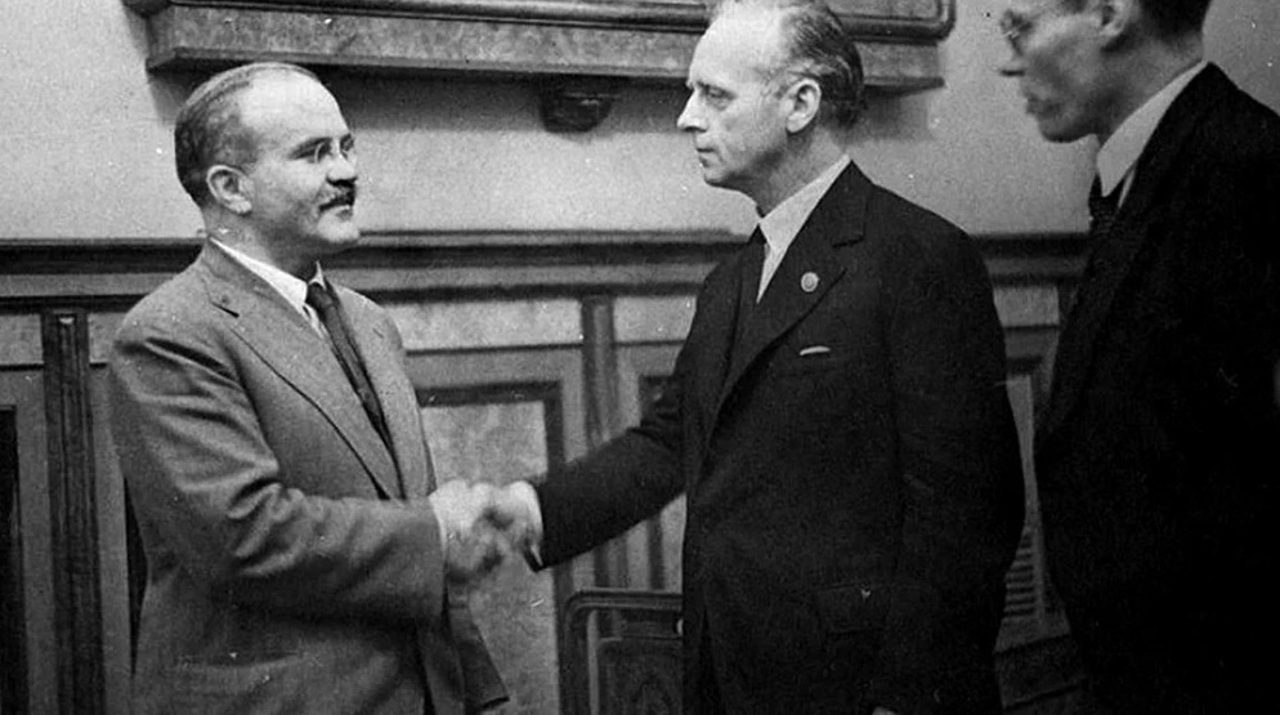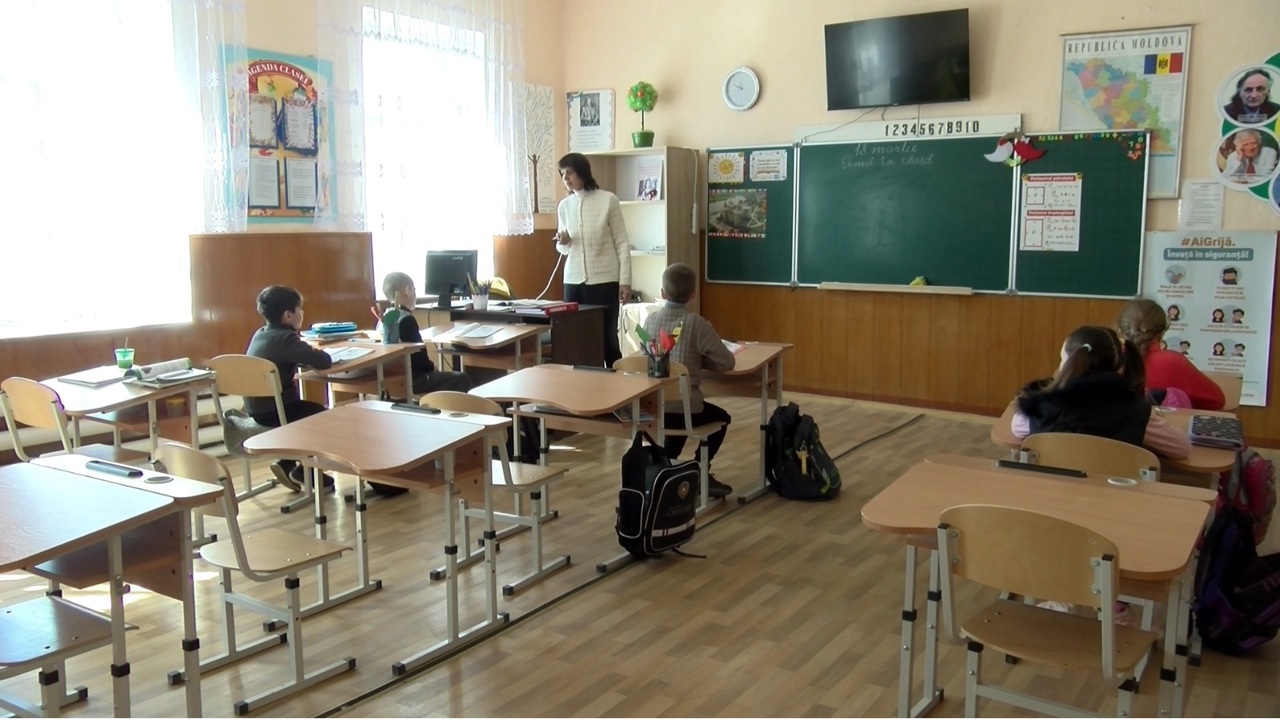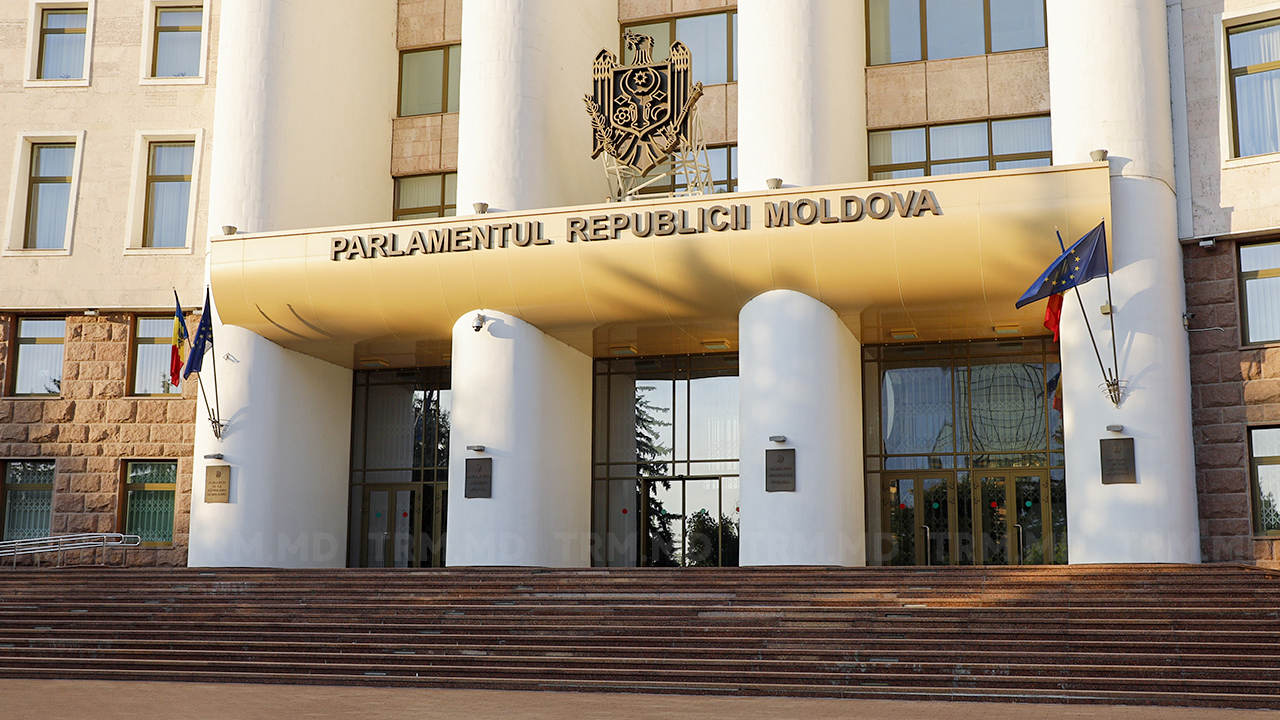The Ribbentrop-Molotov Pact: 84 years since its signing
The Ribbentrop-Molotov Pact, a secret agreement between Nazi Germany and the Soviet Union, was signed on August 23, 1939. The pact divided Eastern Europe into spheres of influence, with Germany gaining control of Poland and the Soviet Union gaining control of the Baltic states, Bessarabia, and Northern Bukovina.

The signing of the pact had devastating consequences for the territory of today's Republic of Moldova. The Soviets annexed Bessarabia and Northern Bukovina, and the native population was subjected to deportations, political repression, organised famine, forced labour in communist gulags, industrialization, and collectivization.
Historian Ion Varta told Radio Moldova that the territory of today's Moldova is the result of those agreements signed by Hitler and Stalin on August 23, 1939. He said that the annexation of Bessarabia to the USSR was a violation of Stalin's Constitution of 1936, and that the territory was amputated with the south-north of Bessarabia being incorporated into the then Soviet Ukraine.
The Ribbentrop-Molotov Pact is considered one of the most important events in the history of World War II. It is also considered a major turning point in the history of the Republic of Moldova. The pact's consequences are still felt today, and its legacy continues to be debated.





